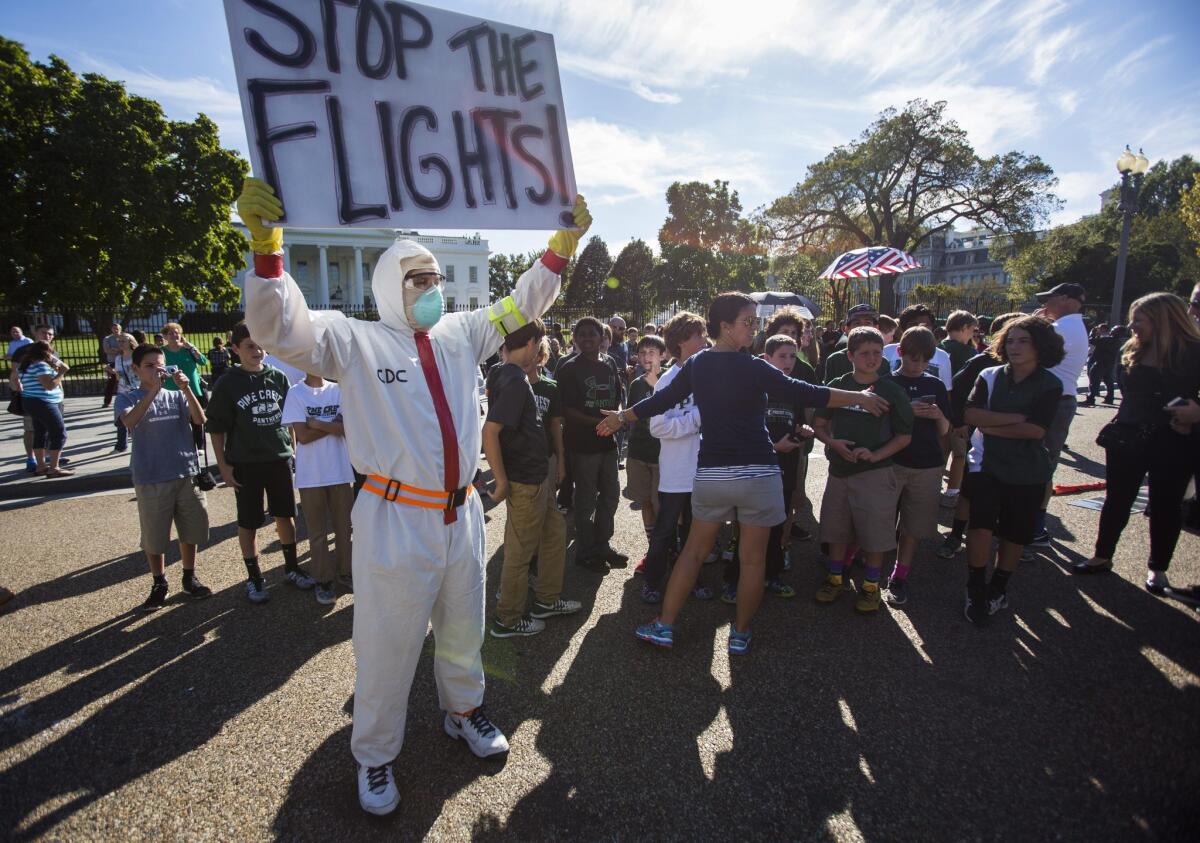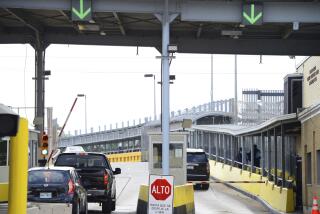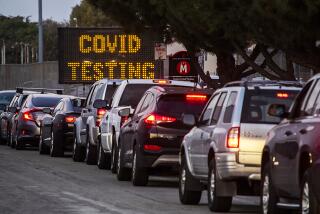Editorial: Calm down, America, Ebola isn’t about to kill us all

A Texas university refuses to accept students from Nigeria, where there were a couple dozen Ebola cases before the disease was quickly stopped. Louisiana refuses to allow incinerated trash from the treatment of Texas’ first Ebola victim, Thomas Eric Duncan, into its landfills, as though the virus would survive immolation. A passenger on a cruise ship to Mexico who may have been exposed to lab samples from Duncan, but who appears to be healthy, is given a blood screening for Ebola even though the test isn’t reliable in people without symptoms.
Schools in Ohio and Texas have been closed and their contents bleached because of the remote chance that a single student or teacher might have been exposed to someone who carried the virus. The children and teachers involved had no symptoms, which meant they could not have been contagious even if they had been infected. There is no sign so far that they were.
Parents in Mississippi kept their children out of school after the principal traveled to Africa — not to one of the afflicted countries but to Zambia, in an entirely different part of the continent.
Concern about a disease as deadly as Ebola, for which there is no cure, is not misplaced. Any erring should be done on the side of caution. But there has been far too much frantic, irrational worry over what amounts to a handful of Ebola cases and a single death in the United States.
Some of the blame, of course, rests with federal authorities, especially those in charge at the U.S. Centers for Disease Control and Prevention, who failed to get their arms around the situation. In an attempt to avoid a public panic, they instead created a worse one by making assurances that were quickly shown to be wrong.
Contrary to what officials told the public, the airline passenger screening processes in place at the time Duncan entered the country were inadequate. Hospitals weren’t nearly as prepared as health officials claimed. Proper quarantine procedures weren’t in place for those who had been exposed. The rules were constantly being changed and the tracking of possible exposure expanded. It looked as though government experts weren’t in control, and that sparked fear.
President Obama, who was slow to react to the situation in this country, made the wise decision last week to put a single person in charge of the government’s response. Ron Klain is a former chief of staff to Vice President Joe Biden, but more important, he has a long history of working with the executive branch. There have been complaints that he’s not a health expert. But what’s needed isn’t medical expertise; it’s skill in coordinating and organizing government operations, communicating with the public and asking the seemingly dumb public health questions that should have been asked much earlier. Those are challenges well suited to a Washington insider. Klain should keep in mind that Americans don’t want to hear soothing words; they want accurate information and well-organized action.
Follow the Opinion section on Twitter @latimesopinion
More to Read
A cure for the common opinion
Get thought-provoking perspectives with our weekly newsletter.
You may occasionally receive promotional content from the Los Angeles Times.






